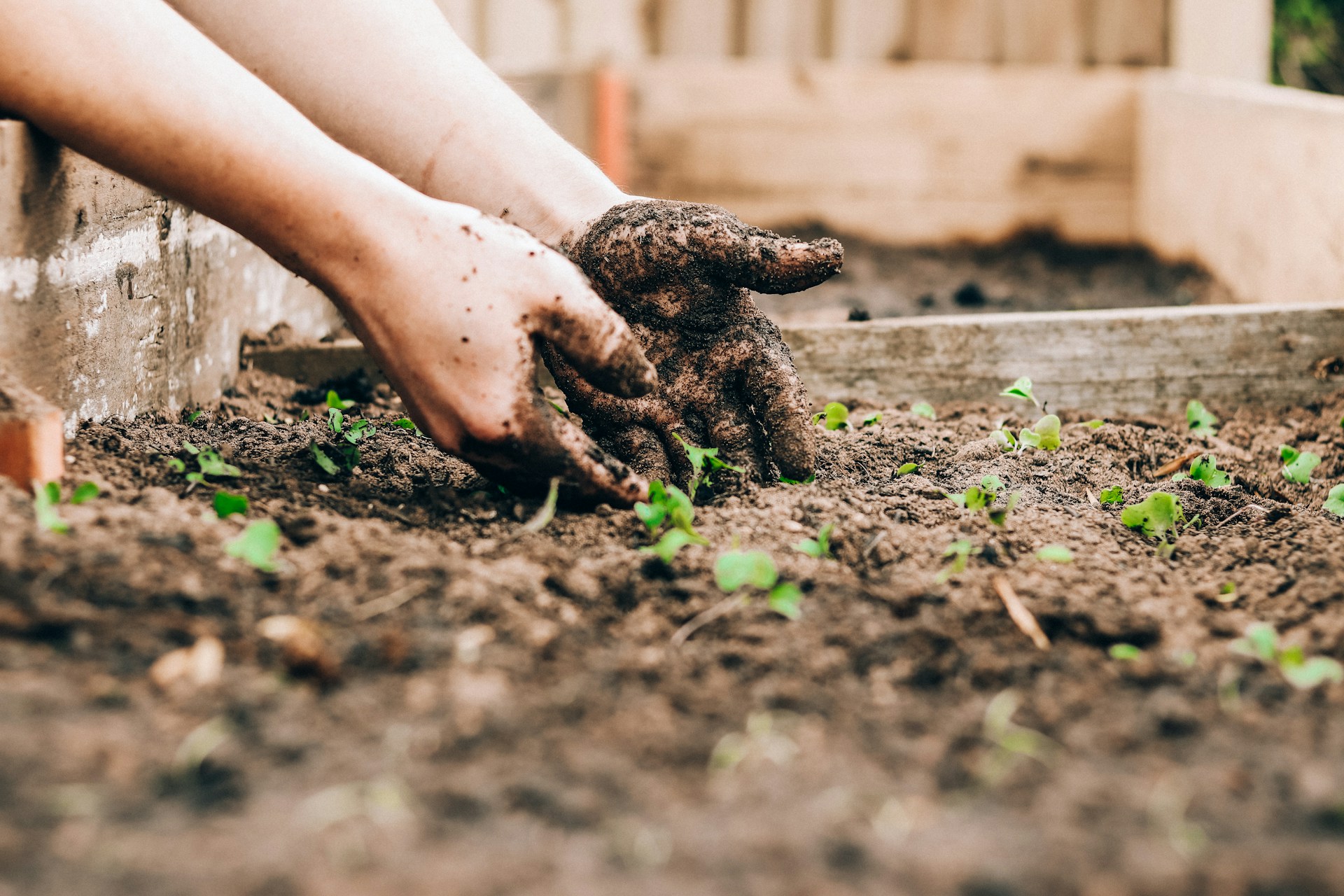Gardening enthusiasts across Kenner, Louisiana, understand that a healthy and vibrant landscape starts with the foundation: the soil. Soil structure, nutrient content, and pH levels play a crucial role in determining the success of both ornamental and edible gardens. The use of soil amendments, which are added to improve soil quality and plant growth, is a foundational part of gardening and landscaping practices. Incorporating the right amendments based on your soil’s specific needs can transform your garden into a flourishing and productive space.
Creating rich, healthy, and productive soil may seem daunting, but understanding the role of soil amendments and how to implement them effectively can transform your garden’s performance and longevity.
Assessing Your Garden Soil
Before diving into the world of soil amendments, it’s crucial to evaluate your current soil conditions. A proper assessment allows you to make informed decisions about the amendments needed for your specific garden. Key steps in assessing your garden soil include the following:
1. Conducting a Soil Test: A soil test will reveal essential information about your soil’s pH, nutrient levels, and mineral content. Local garden centers or extension services can help with soil testing and offer recommendations based on the results.
2. Examining Soil Texture: Understanding your soil’s texture will help determine its drainage capabilities, water retention, and ability to support plant root development. Observe your soil’s particles (sand, silt, and clay) and their proportions to get a better idea of its texture.
3. Consulting with Experts: Reach out to local gardening clubs, landscape professionals, or extension agents to discuss your soil’s unique characteristics and get tailored advice on amendment options.
Types of Soil Amendments
There are countless soil amendments to choose from, each with particular benefits and applications. Exploring the various options will help you find the ones best suited to your Kenner garden’s needs. Some popular soil amendments include the following:
1. Compost: Rich in organic matter and nutrients, compost is an excellent all-purpose amendment. It enhances soil structure, aeration, and water retention while providing essential nutrients to plants.
2. Manure: Animal manure, typically from cows, horses, or poultry, is another valuable source of organic matter and nutrients. Aged or composted manure is ideal for preventing the risk of burning plants with excessive nitrogen.
3. Peat Moss: This amendment excels at improving water retention and aeration in sandy soils. However, due to environmental concerns regarding peat harvesting, consider using alternatives like coconut coir for similar benefits.
4. Lime: Lime (calcium carbonate) is used to raise acidic soil pH levels, making nutrients more accessible to plants. It’s essential to test your soil’s pH before adding lime, as too much can harm plant growth.
5. Gypsum: Gypsum (calcium sulfate) is helpful for improving the structure of heavy clay soils by breaking up compaction and encouraging proper drainage.
6. Perlite and Vermiculite: These inorganic amendments increase aeration, drainage, and moisture retention in potting mixes, making them popular choices for container gardening.
Balancing Soil pH
Maintaining the proper soil pH is vital for plant health, as it directly impacts nutrient availability and uptake. Most plants prefer slightly acidic to neutral soil (pH 6.0-7.0), with some exceptions. To correct imbalances in your soil’s pH levels, consider the following:
1. For Acidic Soils: If your soil test reveals a pH below 6.0, you can use lime (calcium carbonate) or dolomitic limestone (calcium and magnesium carbonate) to raise the pH levels. Apply according to the recommended amount based on your soil test results.
2. For Alkaline Soils: To lower soil pH levels above 7.0, apply elemental sulfur or organic matter like compost or peat moss. Follow expert advice on proper amounts for adjusting pH without causing harm to your plants.
Timing and Application Techniques
To maximize the benefits of soil amendments, adhere to proper timing and application techniques. Keep the following tips in mind:
1. Pre-Planting Preparation: Incorporate amendments into garden beds before planting to improve soil quality and allow roots to be established in the amended soil.
2. Seasonal Application: Apply organic matter amendments, like compost or aged manure, in the spring and fall to maintain soil fertility and structure.
3. Side-Dressing: During the growing season, apply nutrient-rich amendments, like compost or well-rotted manure, around the base of existing plants by “side-dressing” to provide a nutrient boost without disturbing roots.
Sustainable Soil Care Practices
Embrace eco-friendly soil care practices to support long-term garden health and minimize environmental impact:
1. Composting: Create your compost pile or bin using kitchen scraps, yard waste, and other organic materials to reduce waste while providing a valuable amendment.
2. Locally-Sourced Materials: Utilize locally sourced amendments like leaf mold, composted yard waste, or aged manure to reduce transportation emissions and support the local economy.
3. Conservation Tillage: Minimize soil disturbance by using conservation tillage techniques, such as no-till gardening, to preserve soil structure, reduce erosion, and conserve moisture.
Cultivate a Bountiful Kenner Garden with Soil Amendments
Unlocking the full potential of your Kenner garden starts with understanding and addressing your soil’s specific needs. By conducting a thorough assessment, selecting the appropriate amendments, and implementing best practices, you’ll lay the foundation for a vibrant, healthy, and productive landscape.
Reliable Soil Co. Inc. provides an extensive selection of garden soil landscape supplies and professional advice to assist Kenner gardeners in realizing their ideal outdoor area. Contact us now to talk about your soil amendment requirements and start your path to establishing a flourishing Kenner garden.

